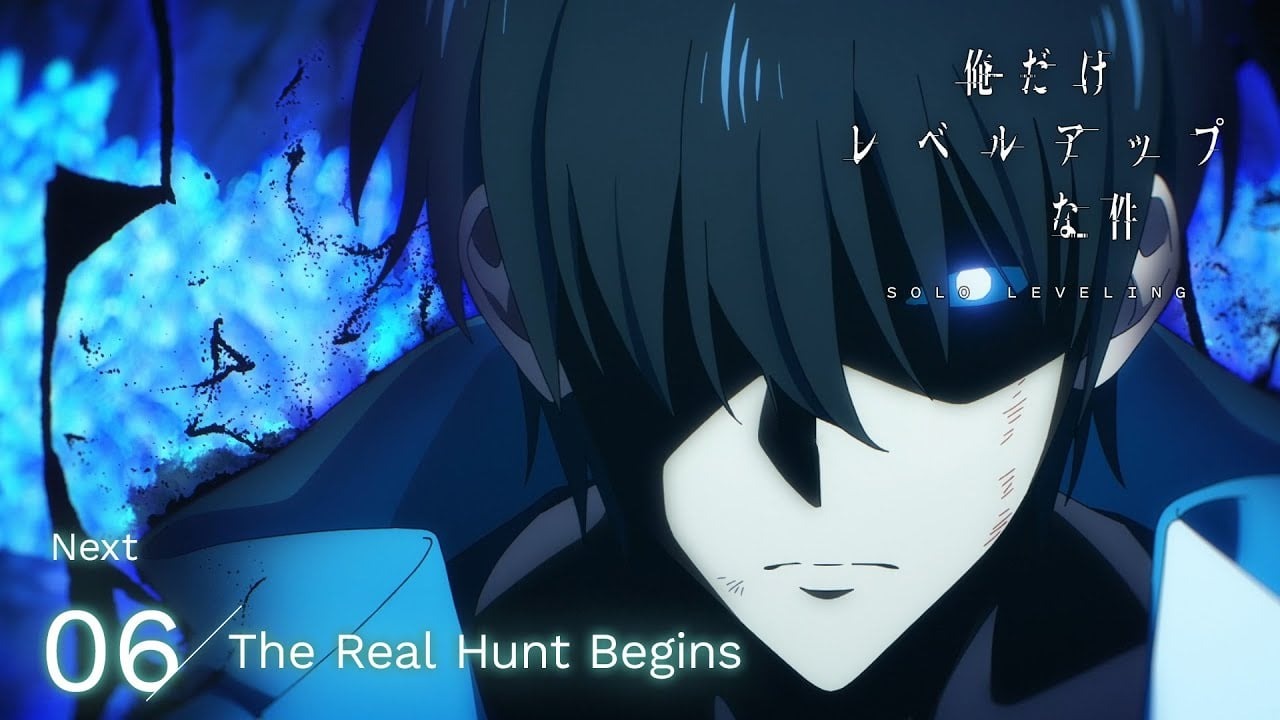In the high-pressure world of dungeon raids, hunters must be prepared to face the ultimate test of their skills, strategy, and resolve. A dungeon raid is a perilous endeavor that requires hunters to go through treacherous landscapes, overcome formidable foes, and solve complex puzzles.
While the rewards of a successful raid can be substantial, the consequences of failure can be severe. For hunters, failing a dungeon raid can have far-reaching implications, affecting not only their reputation and self-esteem but also their very survival.

Let us look at the consequences of failure for hunters in the context of dungeon raids, examining the risks, penalties, and potential outcomes. The world of dungeon raids is unforgiving, where a single misstep can prove disastrous.
Hunters must be prepared to adapt, improvise, and overcome, drawing upon their skills, experience, and intuition to succeed. However, even the most skilled and seasoned hunters can falter, and failure can have serious repercussions.
Dungeon raids are a crucial aspect of a hunter’s career, providing valuable experience, resources, and recognition. However, the risks associated with raiding are equally important, and hunters must carefully weigh the potential benefits against the potential costs.
The Immediate Consequences of Failure: Penalties and Risks
When a hunter fails a dungeon raid, they face a range of immediate consequences, including penalties, risks, and potential harm. One of the most important penalties is the loss of experience points, which can hinder a hunter’s progress and advancement.
Additionally, hunters may suffer physical harm, including injuries, exhaustion, or even death. In some cases, failure can also result in the loss of valuable equipment, resources, or allies, further complicating a hunter’s future endeavors.
The risks associated with failure can also be substantial, as hunters may attract unwanted attention from powerful enemies, rival hunters, or other hostile forces.
The Long-Term Implications of Failure: Repercussions and Opportunities
While the immediate consequences of failure can be severe, the long-term implications can be even more profound. A hunter’s reputation and credibility can suffer, making it more challenging to form alliances, recruit teammates, or secure sponsorship.
However, failure can also provide opportunities for growth, learning, and improvement. Hunters can analyze their mistakes, identify areas for improvement, and develop new strategies and techniques to overcome future challenges.
By embracing failure as a learning experience, hunters can emerge stronger, wiser, and more resilient, better equipped to tackle the demands of dungeon raids and the wider world of hunting. Failure has a long-term consequence, which is a change in the hierarchy among Hunters.
If an elite team is wiped out, weaker Hunters may rise to prominence, filling the gaps left behind. This can disrupt the power balance within the Hunter community, leading to instability. Some Hunters may attempt to capitalize on the loss of stronger rivals, using it as an opportunity to gain influence.
However, this move can also weaken defenses, as less experienced individuals may not be capable of handling high-level threats
How Hunters Prepare to Avoid Failure
Due to the harsh consequences of failed raids, Hunters take extensive measures to ensure success. Proper scouting and intelligence gathering are crucial before entering any dungeon. Teams rely on records, analysis of monster behavior, and knowledge of dungeon layouts to minimize risks.

Experienced Hunters understand that rushing into an unknown dungeon without preparation is a death sentence, so they take every precaution possible. Strong teamwork and coordination also play a vital role in avoiding failure.
Raid leaders carefully assign roles based on individual strengths, ensuring that damage dealers, support members, and tanks work together effectively. Communication is key, as even a small mistake can lead to disaster.
Many teams train extensively before major raids, practicing strategies and refining their combat skills to increase their chances of survival. Equipment upgrades and magical enhancements further reduce the risks of failure.
Hunters invest heavily in weapons, armor, and potions that can improve their performance in combat. Enchanted gear, healing artifacts, and emergency escape tools are often carried to provide an extra layer of security. While these do not guarantee success, they increase the likelihood of surviving difficult encounters.
Despite these precautions, no dungeon raid is ever completely safe. Even the most experienced Hunters can fall victim to unforeseen dangers, unexpected monster behaviors, or hidden traps.
The ever-present possibility of failure is what makes dungeon raids so intense and keeps Hunters constantly striving to improve. While strength and skill play major roles in success, luck also factors into survival, making every raid a gamble with life and death.


